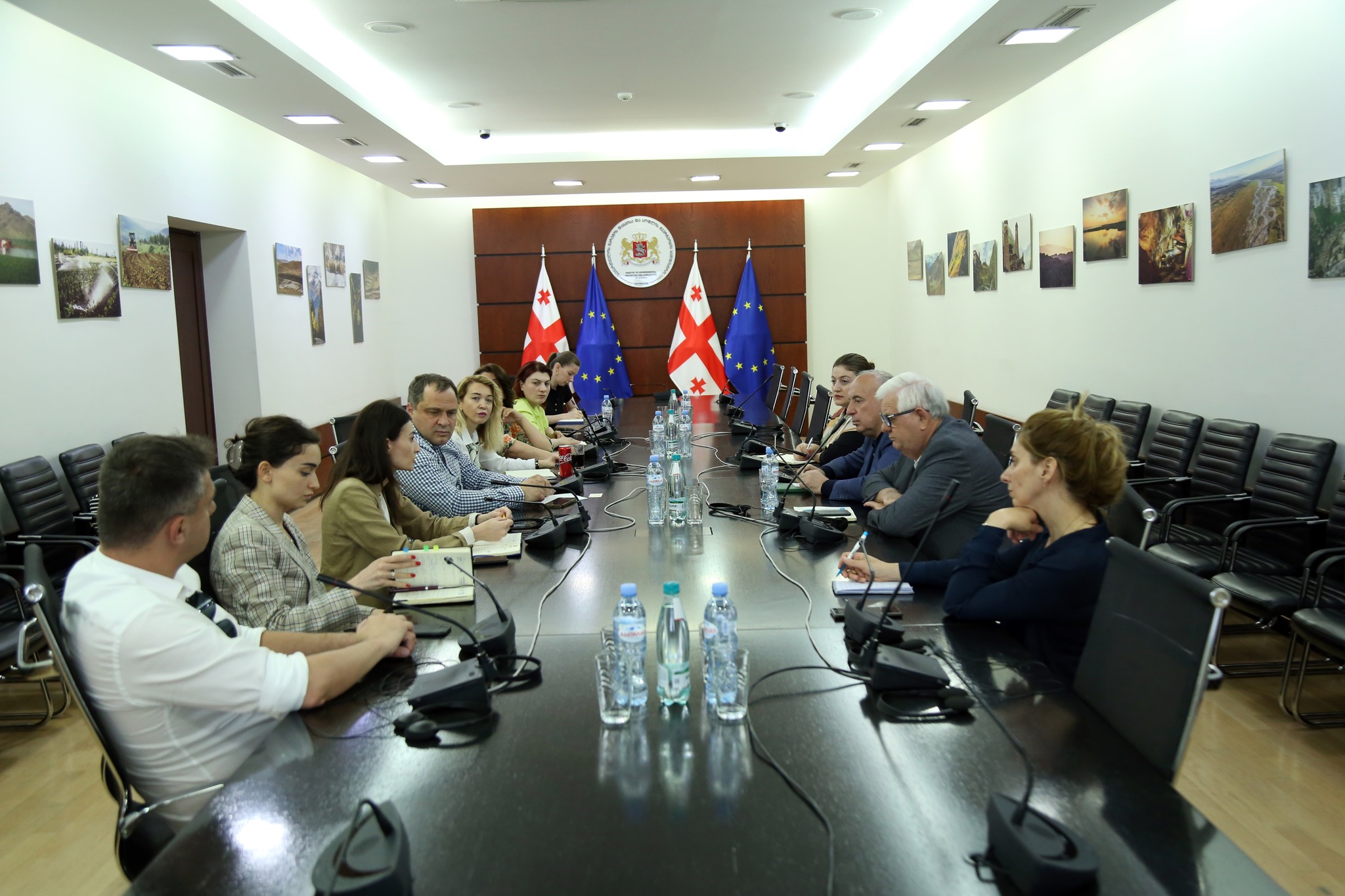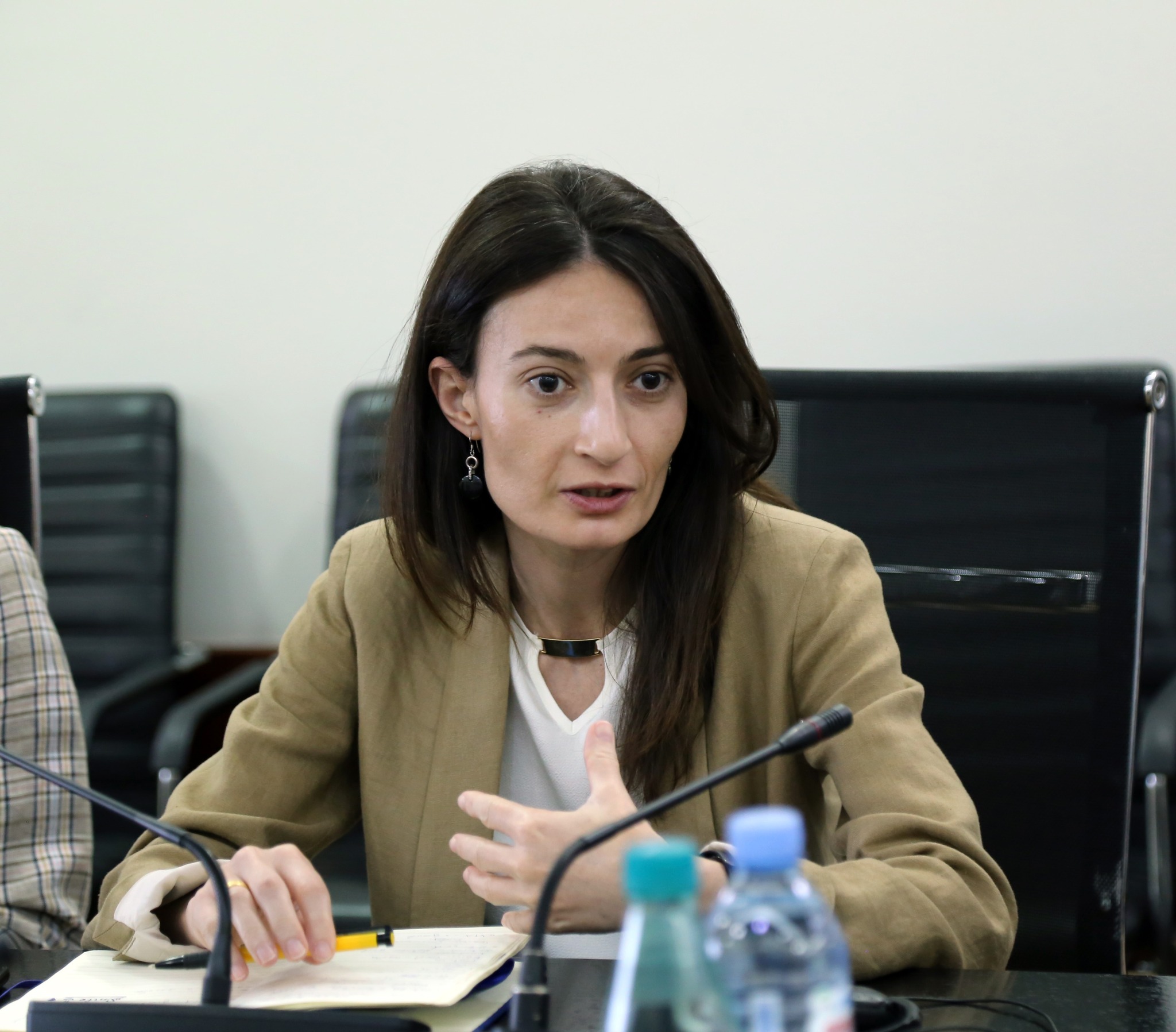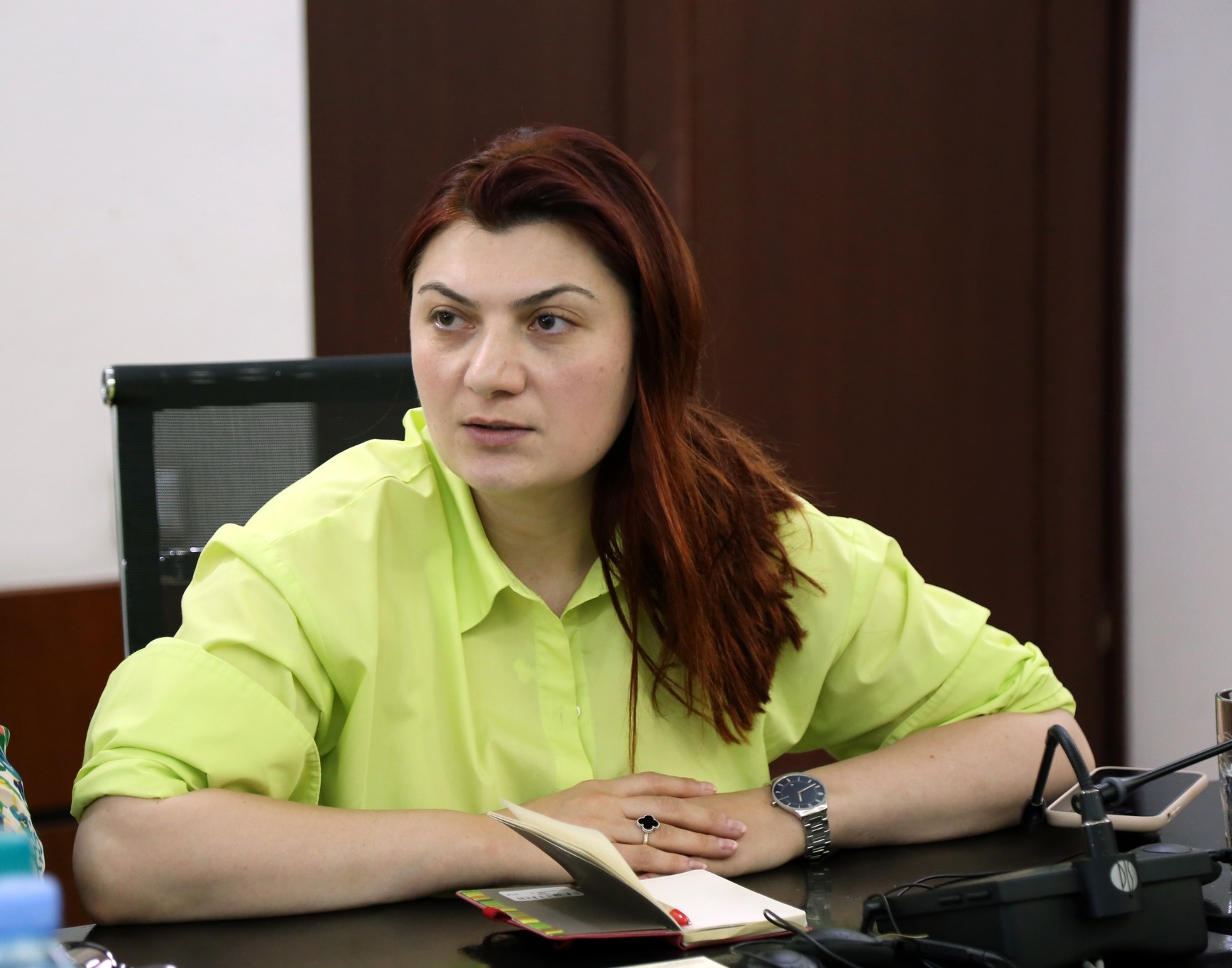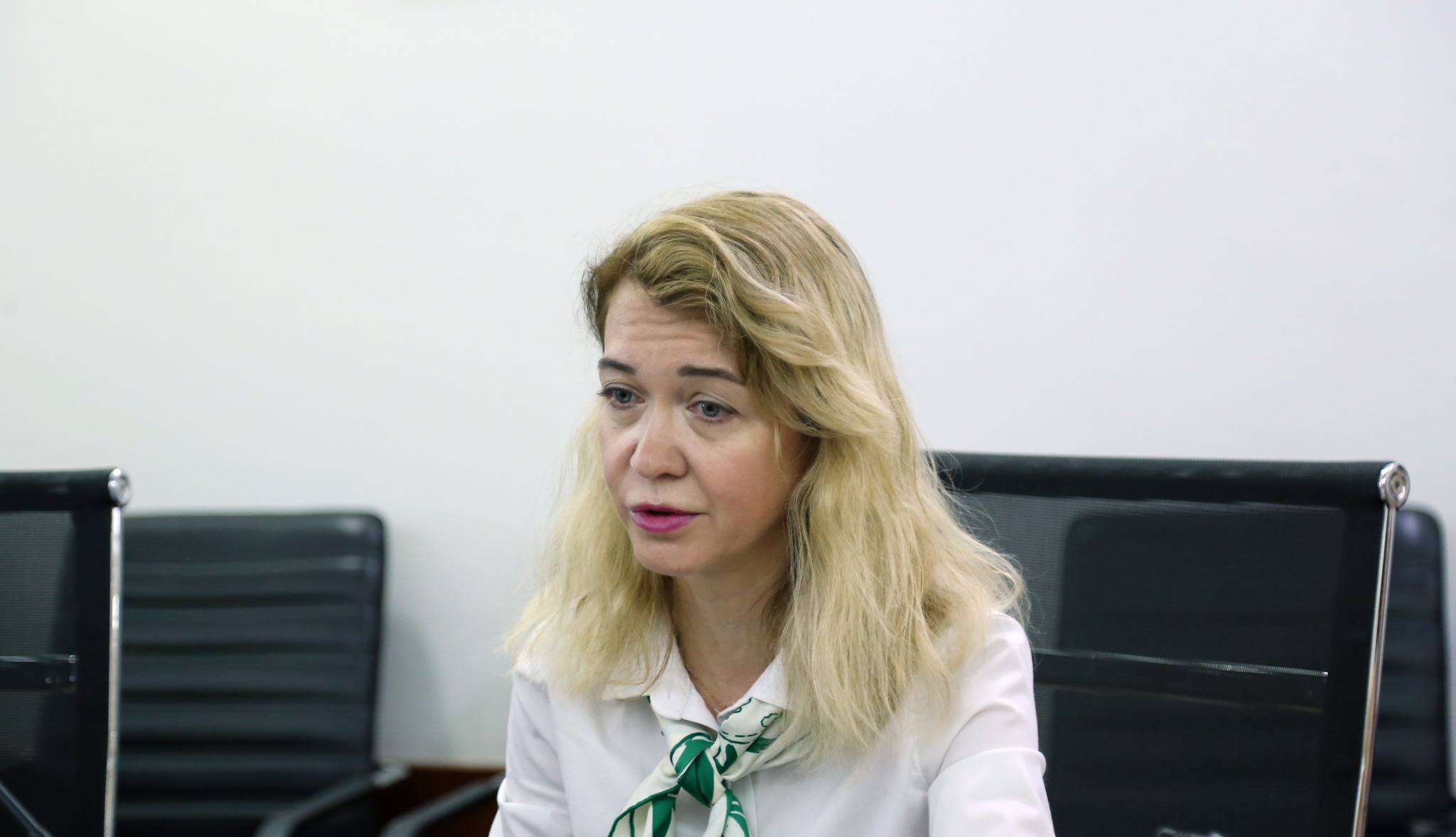News
Solomon Pavliashvili and USAID representatives discuss cooperation in the solid waste management sector.
The Deputy Minister of Environmental Protection and Agriculture, Mr. Solomon Pavliashvili, met with the US Agency for International Development (USAID) representatives. The parties addressed the Solid Waste Management component and future collaboration issues in the specified direction within the USAID Economic Security Program.
Mr. Solomon Pavliashvili thanked the USAID representatives for their numerous contributions to Georgia, noting that activating the waste management component in the US International Development Agency's initiatives will yield significant results.
"We already have tangible progress toward establishing a waste management system in the country. We have adopted technical regulations for waste management of oils, lubricants, tires, electrical and electronic equipment, and accumulators. Active work is underway to develop technical packaging and vehicle waste management regulations. The Extended Producer Responsibility (EPR) system was launched through our proper policy and active communication with businesses, where around 11,000 organizations have already been engaged.
The main goal of our policy is to remove waste from the environment. However, developing a waste processing/recycling industry in the country is necessary to ensure sustainable waste management. We need real support in this direction.
The coordinated efforts of the state and international donor organizations, including USAID, will be effective and fruitful. It should be mentioned that a proper waste collection and processing system will facilitate the adoption of a circular economy", said Mr Solomon Pavliashvili.
According to USAID representatives, the economic security program focuses on private-sector development.
Technical support has already been provided for various organizations in the solid waste management component in recycling tires, glass, and plastic. The parties agreed to hold an extended working meeting with the participation of the Ministry, USAID projects, representatives of private companies, and EPR member organizations shortly to define priority areas in waste recycling and discuss issues of future cooperation.



